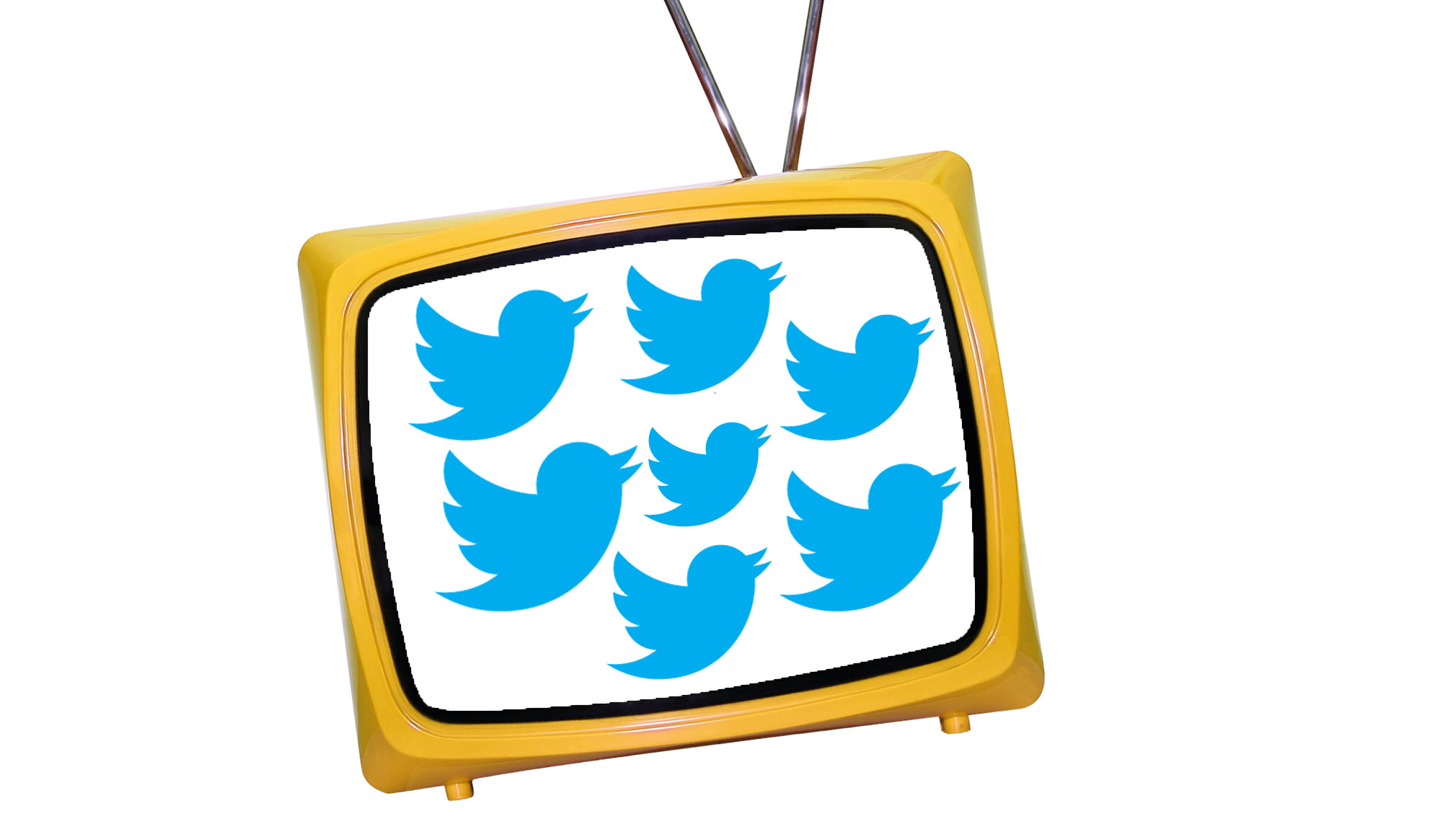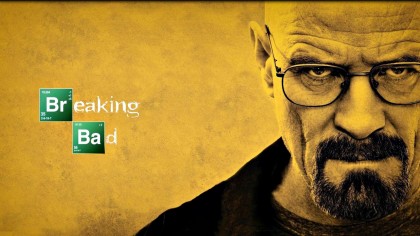Why Twitter tuning into TV makes us want to tune out of Twitter
It wants to be your social soundtrack but all it is delivering white noise

Sign up for breaking news, reviews, opinion, top tech deals, and more.
You are now subscribed
Your newsletter sign-up was successful
For many, Twitter is a no-go area on a Saturday evening.
It may be prime time for television, but for those who use Twitter all week to communicate, decimate and regurgitate, Saturday night is when the baton is passed to those other Twitter folk who like nothing better than hashtagging their favourite shows, usually ones with Simon Cowell somewhere in the credits.
This is the Saturday night social singalong, where the words are witty and the retweets are plentiful. And many of those you follow do it - so it's not just a case of unfollowing, as during the week their tweets are what prop the site up. It's just at the weekend, they turn Twitter into a place you want to tear down.
If this sounds like your idea of social hell, then I'm sorry to break this to you but this is the Twitter that Twitter wants. A place where water-cooler chat takes place in 140 characters. A place where the taking about the show the next day is old news, replaced by raw reactions to something that happened a split-second before.
It's not pretty but Twitter wants to grow and it sees television as a perfect fit for this growth, recruiting ex-Google employee Jennifer Prince to expand the company's movie and television partnerships.
Twitter's TV problem
Twitter has a TV problem, though, and it comes in the form of on-demand TV.
Whether we like it or not, the service is well primed for embracing 'live' TV, where the masses congregate on the site to chat about plot developments in real time.
Sign up for breaking news, reviews, opinion, top tech deals, and more.
Recent stats from the TV bods at Nielsen show that there is a distinct correlation between TV shows and tweets – essentially Twitter chatter will drive more people to watching a television show. So it's no wonder that Twitter is testing a TV trends section at the moment.
But this social seam is torn when it comes to on-demand and Twitter is struggling to figure out how to sew streaming into its model.
It was fine when the majority of shows that were being streamed were just catch-ups and repeats but this is changing.

The likes of Breaking Bad are breaking the TV mould. The US may be getting their crystal blue persuasion at the same time, but with the series on Netflix in the UK this means no time is set for the show – you watch it when you want to and tweet about it when you want to as well.
This is a prime time show on its own time and Twitter doesn't know how to react to this. Most of the tweets you see about Breaking Bad in the UK are ones threatening people with unspeakable acts of violence if they spoil the show and this is counter to how Twitter sees TV.
Filter focus
What Twitter and its users need is something to change, so that filters are put into place when key TV shows are watched, whenever that may be.
If Twitter really wants this television thing to work, then it needs to use audio tagging technology already found in apps such as Shazam that can tell what you're watching, regardless of whether it's live or not.
If Twitter knows you're watching X Factor live or on catch-up, then it can push relevant tweets to your feed. If you aren't tuned in, then your feed is TV-free and you can go about your business without the scowls about Cowell.
This is me dreaming, though. At the moment, the wave of live TV tweets is a small inconvenience to those who don't watch the shows. But if Twitter's grand plan is to embrace television in a more formal way then things need to change and fast.
Otherwise Twitter will become a second screen cesspit filled to the brim with reality TV nonsense – somewhere you will want to tune out of rather than tune into.

Marc Chacksfield is the Editor In Chief, Shortlist.com at DC Thomson. He started out life as a movie writer for numerous (now defunct) magazines and soon found himself online - editing a gaggle of gadget sites, including TechRadar, Digital Camera World and Tom's Guide UK. At Shortlist you'll find him mostly writing about movies and tech, so no change there then.